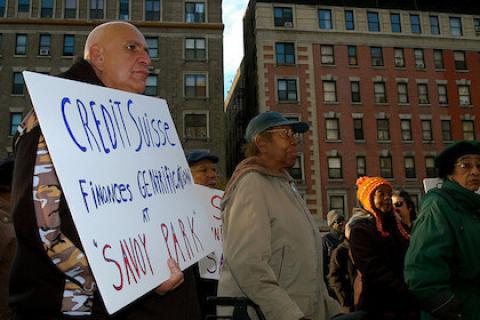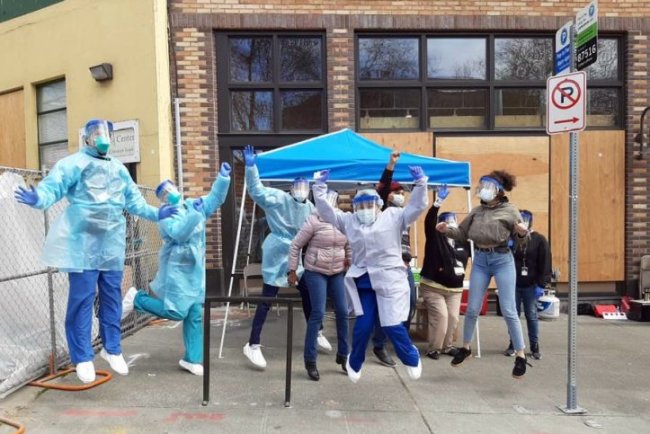How It Could Actually Help Your Heart to Know Your Neighbors, Particularly in Black Communities
According to a recent Georgia study, having close neighbors may literally save your life, especially when it comes to your heart. This finding is both profound and shockingly straightforward.

Researchers discovered that Black individuals were much more likely to have better cardiovascular health if they routinely engaged with those around them, whether it was via planning block walks or conversing over the fence. The research is a component of the continuing Morehouse-Emory Cardiovascular Center for Health Equity (MECA) program, which investigates the factors that contribute to or hinder heart health in Black communities.
The twist is that this study concentrated on what is effective rather than pointing to the typical offenders, such as inadequate access to care or environmental stress. It turns out that community connectedness is what is effective.
Healthy Hearts in a Walkable, Talkable Neighborhood?
Nearly 400 Black individuals in the Atlanta area, ages 30 to 70, were monitored for the MECA study; none of them had pre-existing cardiac disease. Researchers inquired about a wide range of topics, including how frequently participants saw or spoke with their neighbors, how comfortable they felt outside, and whether or not their areas featured walkable pathways, green space, or healthy food alternatives.
The "Life's Simple 7" scores, a gold-standard metric developed by the American Heart Association that takes into account blood pressure, smoking status, diet, exercise, cholesterol, blood sugar, and BMI, were then compared to this social data.
The lesson learned? The likelihood of achieving optimal heart health scores was roughly doubled for those who had more social interaction with their neighbors.
Not Just Small Talk
According to Dr. Dhruv Kazi, director of cardiac critical care at Beth Israel Deaconess Medical Center, "this is not just about chit-chat over coffee." It has to do with the psychological framework of belonging. You are more likely to take care of yourself and to receive support when you do so when you feel accepted and a part of your community.
Translation? When you are not working alone, shared goals like improving your diet, increasing your exercise, or stopping smoking do not seem as overwhelming.
A strong ripple effect is also present. Neighbors are more likely to follow suit when one of them begins a walking club after dinner or replaces sugary drinks with water. In a way, community serves as the impetus for healthy habits.
Mental Health: The Invisible Component
It is interesting that the study did not explicitly include mental health in its heart health rating, but experts think it has a significant yet unnoticed impact. According to Dr. Kazi, "we believe that this study really underestimates the benefits of a strong community." "Knowing your children may play outside without fear, feeling protected, and enjoying impromptu chats all help to lower chronic stress, which has been shown to have a direct influence on cardiovascular health."
Put another way, a neighborhood that is cohesive and linked may have a greater impact on blood pressure than a daily meditation app.
The Silent Side Effect of Gentrification
However, there is a dark side. Longtime Black residents are being uprooted as a result of waves of gentrification occurring in American cities, and the community infrastructure that has maintained their health is disintegrating.
According to Dr. Kazi, "a neighborhood's social fabric is lost when it is deconstructed." "People cannot be simply removed and then expected to flourish somewhere else. They do not take with them the common history, rituals, or relationships.
Rather, the study offers a more general conclusion: We must invest in communities as well as clinics and hospitals if we hope to increase health fairness. Safe parks, easily accessible supermarkets, pedestrian-friendly neighborhoods, and places to congregate can have as equal influence as any medication.
Last Remark: A good potluck is what your heart desires.
In the end, this study serves as a reminder that health is rooted in daily life rather than in a medical facility. When your neighbor texts you to join you for a morning stroll, it is because of this. It is at dusk in the safety of your street. Connection is key.
Consider this your cue if you have ever been hesitant to introduce yourself to the people who live next door. Perhaps their heart will thank you for it as well as yours.
What's Your Reaction?





















